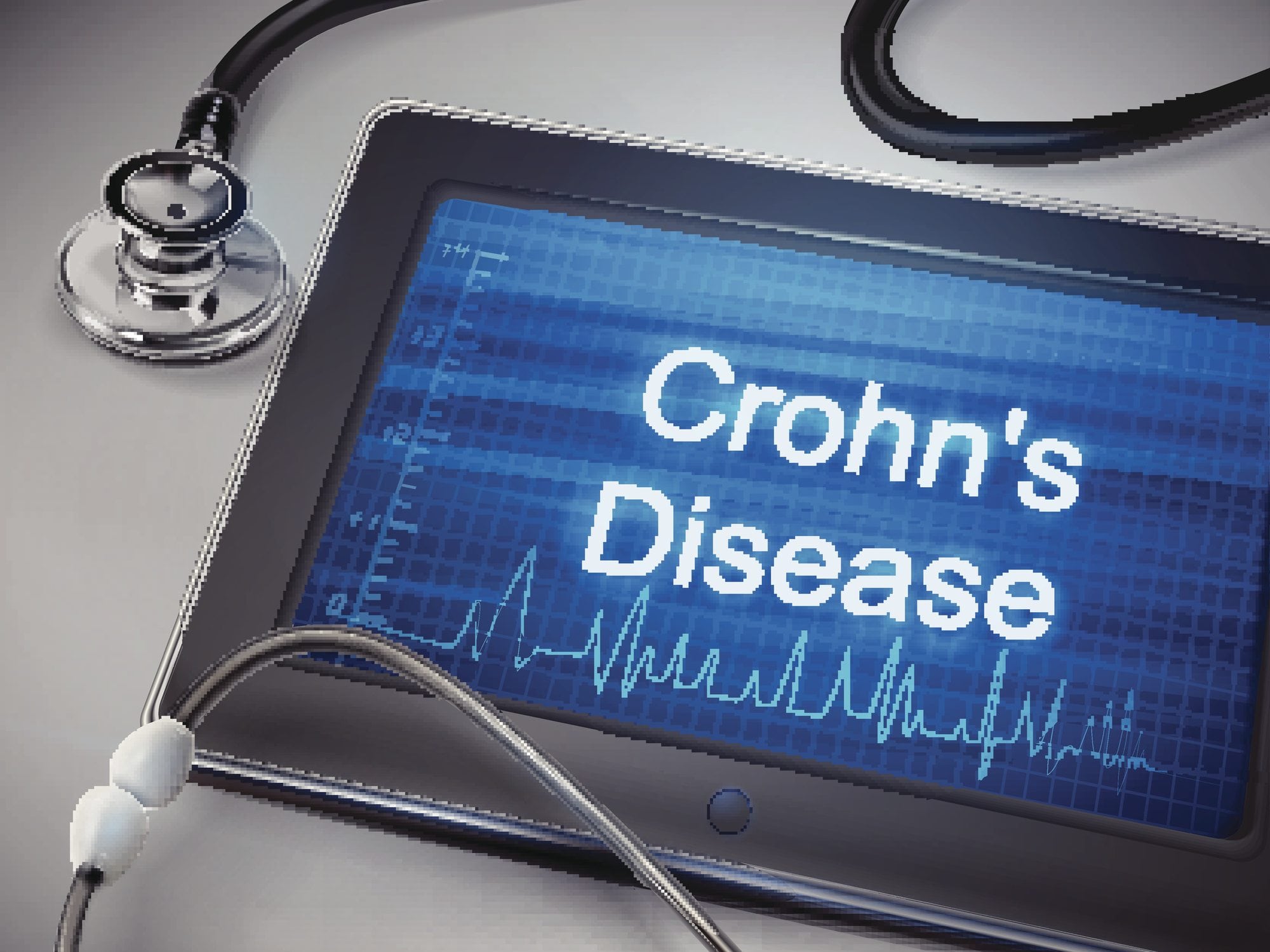<< Back
1 In 200 In State Have Inflammatory Bowel/Crohn’s: How Doctors Detect, Treat

October 19, 2017
Ulcerative colitis and Crohn’s disease are common conditions affecting more than 1.5 million people nationwide. Dr. Joseph Cappa, a gastroenterologist at Hartford Hospital, is the recipient of the 2017 Humanitarian of the Year Award from the Crohn’s & Colitis Foundation.
Q: We often hear about irritable bowel syndrome (IBS) and then there’s inflammatory bowel disease. What is the difference between the two?
A: Inflammatory bowel disease (IBD) is an auto-immune disease that affects the inflammatory response in the person’s body, often resulting in debilitating lifestyle changes and impacting people’s lives dramatically. IBD is a combination of Crohn’s disease and ulcerative colitis. As you mentioned, 19,000 people here in Connecticut have this disease. That’s one in 200, which is very common. The symptoms include abdominal pain, diarrhea, weight loss, rectal bleeding and fatigue.
Q: How are these debilitating diseases treated? What can we do if someone is diagnosed today?
A: Diagnosis is often difficult, but the best way to diagnose it is with colonoscopies, upper endoscopies and even a “pill cam” that we can use to look for inflammation in the GI track. But the best treatment is really medication that is directed at trying to reduce the inflammatory process that’s going on. Sometimes we need surgery to treat the disease, but more importantly, the goal of medication is to reduce the flares that these patients have, control the immune inflammatory response, and have those patients regain quality of life, which is very important.
Q: What kind of hopeful news can you share with us for people who do struggle with Crohn’s disease and ulcerative colitis? What’s on the horizon?
A: We have made tremendous strides and gains over the last few years by finding medications that are directed to help certain causes of inflammatory bowel disease that we’re looking at and trying to identify. And we are currently doing research right here at Hartford Hospital to look at opportunities of treating these patients in a better manner to help regain their quality of life and control this disease.
For more information, call 1.855.HHC.HERE (1.855.442.4373).